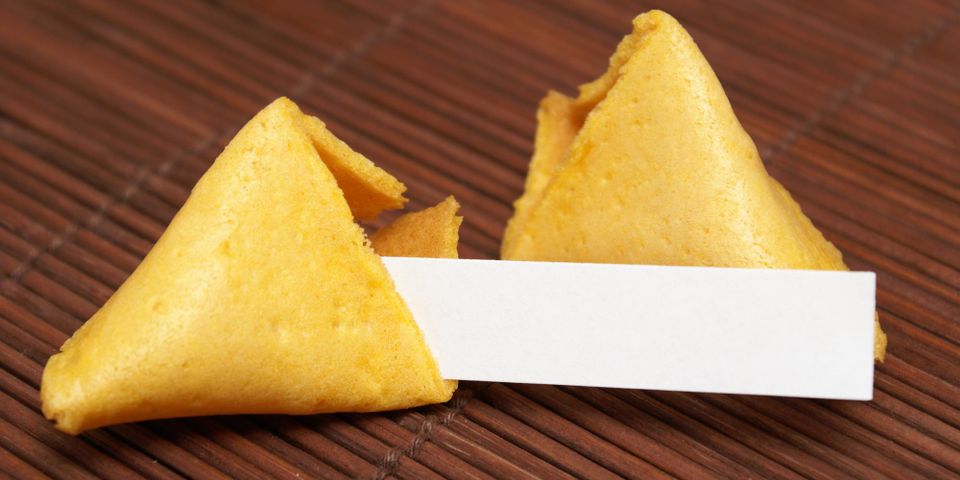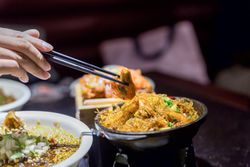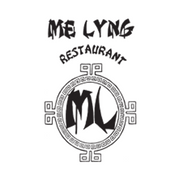
Breaking open a fortune cookie when ordering Chinese cuisine is a long-standing American pastime. The thin, crispy wafer cookie and the often simple but reassuring words of wisdom provide two treats at once. Discover the hotly debated history of fortune cookies below.
Contested Origins
Although they are prevalent in Chinese cuisine in the United States, fortune cookies did not actually originate in China. They first hit the market in California in the early 1900s; however, historians disagree on who may have begun producing them. There are four men associated with potentially creating them: Suyeichi Okamura, Makoto Hagiwara, David Jung, and Seiichi Kito.
Suyeichi Okamura immigrated from Japan and founded Benkyodo, a bakery, in San Francisco in 1903. He supplied a larger version of fortune cookies to Makoto Hagiwara, who served as the official caretaker of the Japanese Tea Garden in San Francisco at that time. During his tenure, Hagiwara served cookies to guests.
Farther south, David Jung, a Chinese immigrant and founder of the Hong Kong Noodle Company, held that he invented the cookie around 1918 and passed them out with scripture passages to unemployed men. However, another theory is that the fortune cookie was invented by Seiichi Kito, a Japanese American who founded the Fugetsu-Do bakery in Los Angeles in 1903. Ultimately, the San Francisco Court of Historical Review settled the debate in 1983 by ruling Hagiwara had invented the cookie. With that being said, the debate continues.
Modern Advances
 During the early 1900s, Benkyodo produced most of the fortune cookies throughout the United States. However, when Japanese Americans were sent to internment camps during World War II, Chinese suppliers began to produce fortune cookies, quickly dominating the market. In the late 1960s, Edward Louie revolutionized the industry by “inventing a machine that could insert the fortune and fold the cookie.” His company, Lotus Fortune Cookie Company, was then able to output 90,000 cookies per day for Chinese restaurants.
During the early 1900s, Benkyodo produced most of the fortune cookies throughout the United States. However, when Japanese Americans were sent to internment camps during World War II, Chinese suppliers began to produce fortune cookies, quickly dominating the market. In the late 1960s, Edward Louie revolutionized the industry by “inventing a machine that could insert the fortune and fold the cookie.” His company, Lotus Fortune Cookie Company, was then able to output 90,000 cookies per day for Chinese restaurants.
Presently, Wonton Food, Inc. produces most of the fortune cookies for Chinese cuisine throughout the nation. With factories all over the country, they are able to make four million cookies a day.
When you’re craving delicious Chinese cuisine with a side of fortune cookies, call Me Lyng Restaurant. Located in West Homestead, PA, this restaurant serves an extensive list of Chinese and Vietnamese menu items. Dine on flavorful dishes such as pho, jumbo shrimp stir fry, or Vietnamese barbecue. Offering lunch, dinner, and late night dining options, this restaurant will become your go-to when dining out. Call them at (412) 464-1477 to place a takeout order or view their menu online.
About the Business
Have a question? Ask the experts!
Send your question

